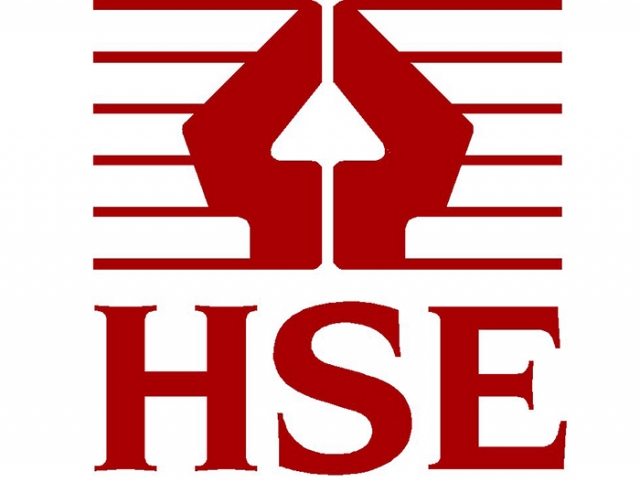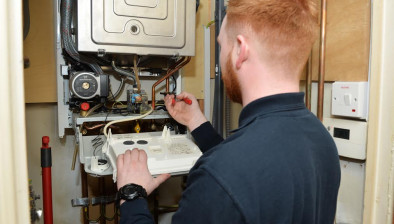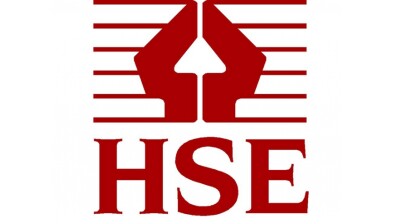England: Housing association sentenced after employees suffer debilitating nerve damage

Liverpool-based housing association Onward Homes Ltd has been fined after four employees developed a debilitating nerve condition over a period of several years.
Liverpool Magistrates’ Court heard that the affected employees developed Hand Arm Vibration Syndrome (HAVS), whilst working at various sites carrying out ground maintenance and general construction work using vibrating power tools on a daily basis.
Regular use of vibrating tools causes the painful and disabling disorder which, in this case, has left the employees with nerve damage to the hands and arms; making everyday tasks and leisure activities difficult or impossible.
An investigation by the Health and Safety Executive (HSE) found that Onward Homes Ltd failed to prevent or reduce its employees’ exposure to intensive and protracted vibration.
Employees were not provided with information and training in relation to the risks of exposure to vibration, and were unaware they were at risk, or of the need for health surveillance and ways to minimise exposure using controls. Had the employees been aware, exposure could have been reduced or eliminated.
Onward Homes Ltd of Hanover Street, Liverpool pleaded guilty to breaches of Regulation 5(1), 6(1) and 7 of the Control of Vibration at Work Regulations 2005. The company was fined £80,000 and ordered to pay costs of £5,293.10
Speaking after the hearing, Health and Safety Executive inspector Emily Osborne, said: “If exposure to vibration is not controlled, workers can end up being diagnosed with HAVS, which can be the cause of significant ill-health, triggering painful and disabling disorders of the blood vessels, nerves and joints. Under these circumstances HSE can and will investigate and prosecute where appropriate.”
Last year, Places for People Homes Limited was fined £600,000 after five employees developed HAVS.






